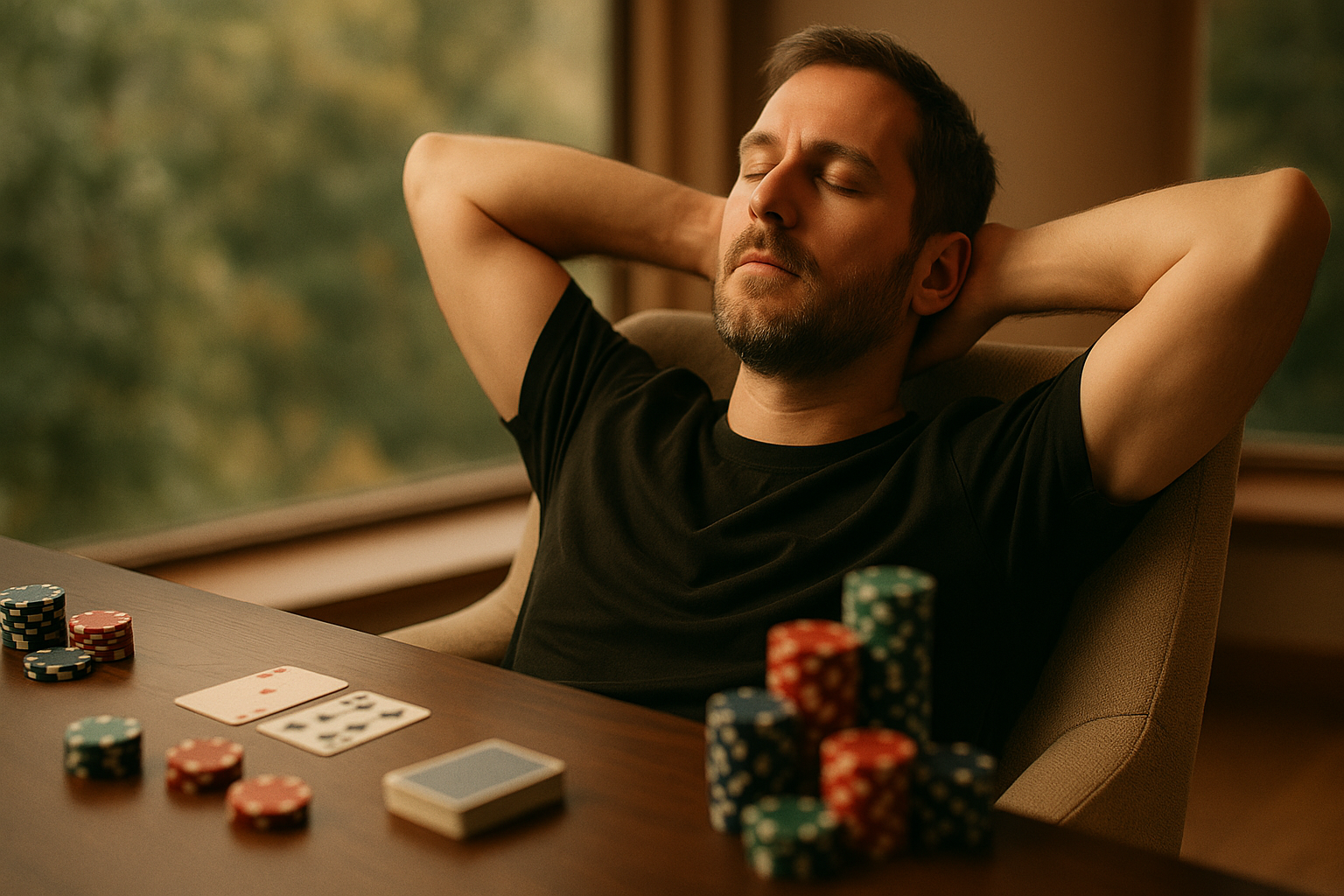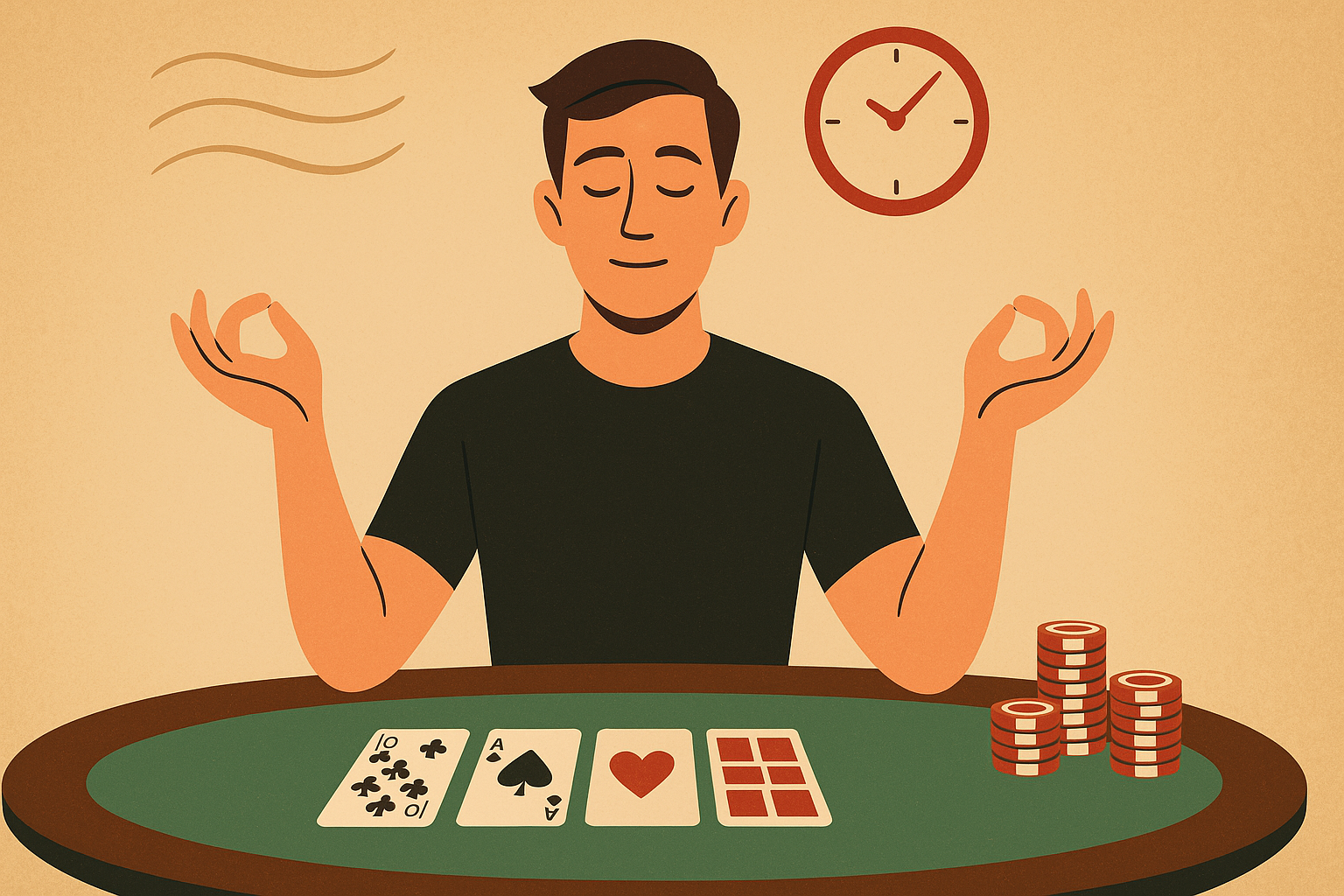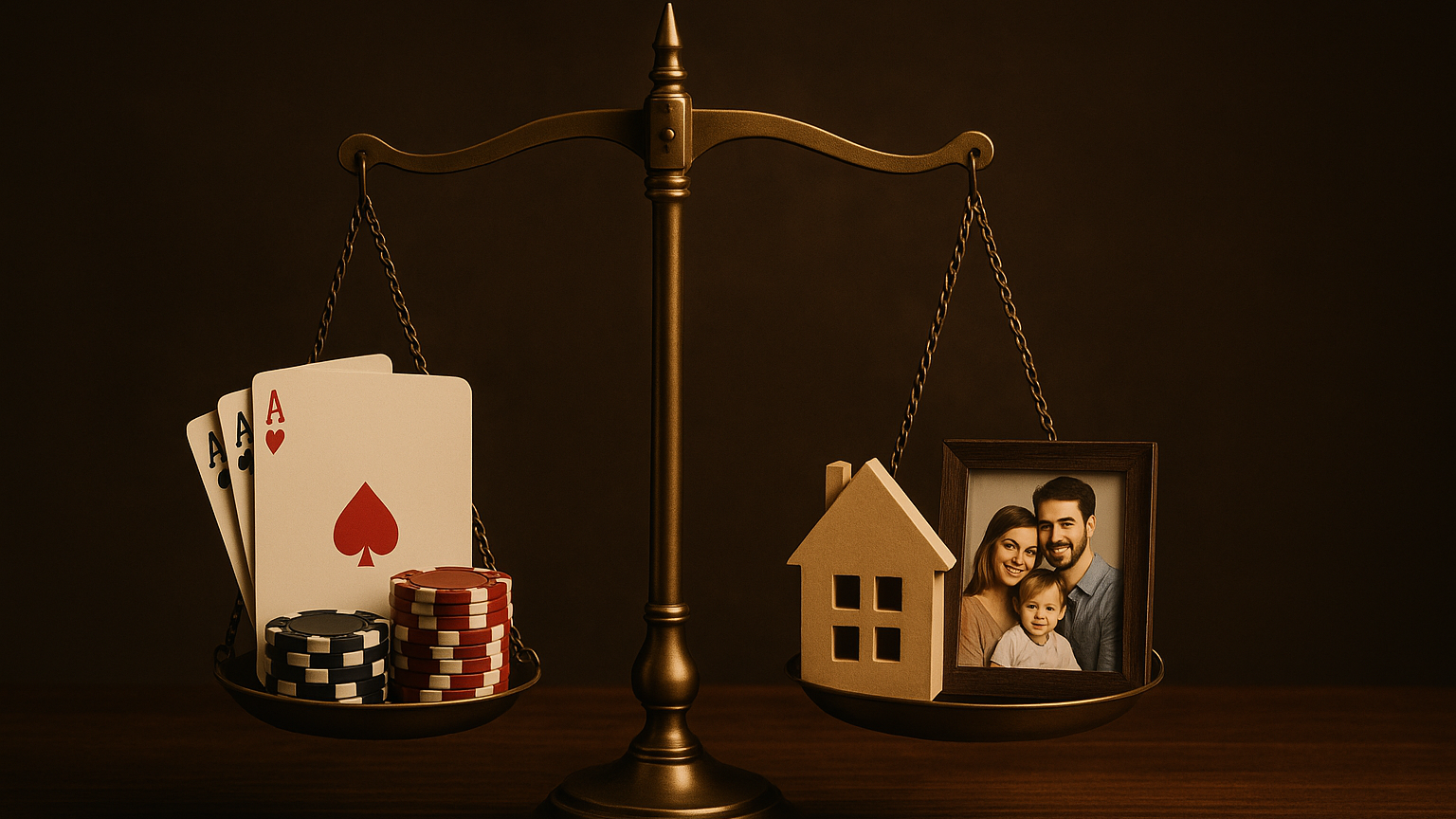In the previous article, we explored how to find balance between poker, work, and personal life. This time, we’ll delve into playing poker effectively, ensuring you get the most out of each session while preserving energy and motivation for daily responsibilities.
Productivity isn't just about hours spent at the table but the quality of those hours, setting the right goals, and managing your time and mental resources effectively. Poker can be unpredictable, often leading to periods of stagnation or frustration that may significantly lower your performance.
Preventing Burnout and Maintaining Healthy Balance
Long-term success in poker requires more than improving skills and strategies; it's about maintaining a healthy balance among playing, work, and personal life. One of the biggest threats to poker players is burnout—a state where mental and physical fatigue start negatively affecting performance at the table and daily functioning.
To prevent poker from interfering with work or relationships, it's essential to recognize signs of burnout early, such as increased irritability, decreased concentration, loss of motivation, or frequent sleep problems. At these times, consciously taking a break—short or long, as needed—is crucial for mental and physical rejuvenation.
Regeneration isn’t a luxury; it’s a necessity. Quality sleep, regular exercise, and relaxation activities help restore mental energy and emotional balance. Whether it’s a nature walk, meditation, or stretching, these activities boost resilience to stress and improve focus both in play and work. Remember, balance isn’t about constantly pushing to the max; it’s about knowing when to slow down and recharge.

Productivity and Mental Energy: Playing Smart, Not Long
When time for poker is limited, the maxim “more is better” doesn’t always apply. The key to improved performance lies in the quality of play. Maximum concentration and effective use of every minute at the table are essential. Before each poker session, establish simple rituals to mentally prepare for the game. Short meditation or breathing exercises can reduce stress and calm the mind, significantly enhancing focus.
It’s also beneficial to spend a few minutes on preparation. Reviewing notes from previous games, reassessing strategies, or simply sitting quietly without distractions can mentally reset you to approach the game with a clear and confident mind. Instead of playing endlessly in exhaustion, it’s far more effective to focus on decision quality and honing the ability to react quickly and accurately to situations.
This approach enhances not only your chances of success but also your overall satisfaction with the game, crucial for long-term sustainability and enjoyment of poker.

The Impact of Poker on Professional Life: Opportunities and Challenges
Poker isn’t just a game; it’s a training ground for skills that translate well into professional life. Analytical thinking, the ability to assess situations quickly, discipline in following strategies, and patience in waiting for the right moment are all abilities poker can foster and strengthen in professional performance. Working with available tools and technologies to improve play also enhances the skill of effective learning and adaptation, an advantage in today’s work environment.
However, it’s important to be cautious to ensure poker doesn’t burden work responsibilities or interpersonal relationships. If the game becomes a source of stress, disrupts sleep, or causes communication issues with colleagues or family, it can negatively impact both professional performance and personal life. Awareness of these risks and actively seeking balance is key, ensuring poker remains a source of growth and enjoyment, not a burden or conflict.




